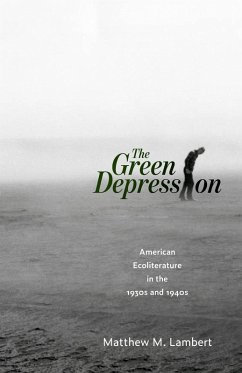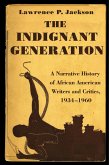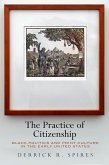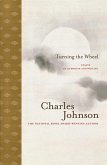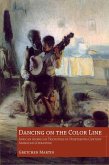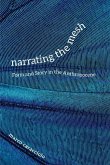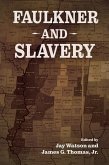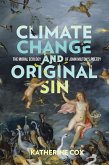Dust storms. Flooding. The fear of nuclear fallout. While literary critics associate authors of the 1930s and '40s with leftist political and economic thought, they often ignore concern in the period's literary and cultural works with major environmental crises. To fill this gap in scholarship, author Matthew M. Lambert argues that depression-era authors contributed to the development of modern environmentalist thought in a variety of ways. Writers of the time provided a better understanding of the devastating effects that humans can have on the environment. They also depicted the ecological and cultural value of nonhuman nature, including animal "predators" and "pests." Finally, they laid the groundwork for "environmental justice" by focusing on the social effects of environmental exploitation.
To show the reach of environmentalist thought during the period, the first three chapters of The Green Depression: American Ecoliterature in the 1930s and 1940s focus on different geographical landscapes, including the wild, rural, and urban. The fourth and final chapter shifts to debates over the social and environmental effects of technology during the period. In identifying modern environmental ideas and concerns in American literary and cultural works of the 1930s and '40s, The Green Depression highlights the importance of depression-era literature in understanding the development of environmentalist thought over the twentieth century. This book also builds upon a growing body of scholarship in ecocriticism that describes the unique contributions African American and other nonwhite authors have made to the environmental justice movement and to our understanding of the natural world.
To show the reach of environmentalist thought during the period, the first three chapters of The Green Depression: American Ecoliterature in the 1930s and 1940s focus on different geographical landscapes, including the wild, rural, and urban. The fourth and final chapter shifts to debates over the social and environmental effects of technology during the period. In identifying modern environmental ideas and concerns in American literary and cultural works of the 1930s and '40s, The Green Depression highlights the importance of depression-era literature in understanding the development of environmentalist thought over the twentieth century. This book also builds upon a growing body of scholarship in ecocriticism that describes the unique contributions African American and other nonwhite authors have made to the environmental justice movement and to our understanding of the natural world.
Dieser Download kann aus rechtlichen Gründen nur mit Rechnungsadresse in A, D ausgeliefert werden.

